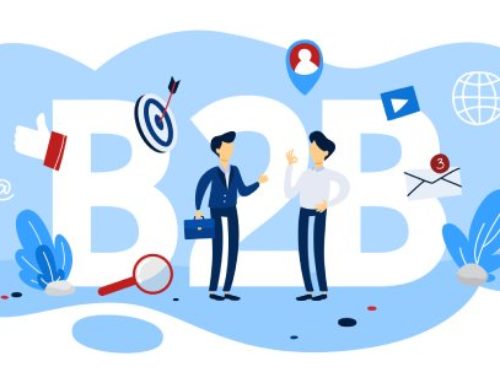
We used to be ‘sales trainers’ for several B2B sales organizations. Assignments came in various forms. A few were ad-hoc 1-2 day events organised by HRs with or without specific topics to cover. Some were more planned based on skill assessment done internally where we had to cover the selected topics over 6-8 sessions over the period of a quarter. A few even involved us creating content for their learning portal. Irrespective of the nature of the assignment, there were some things that were common.
For us, it meant good revenue. Deals didn’t take much time to close, clients took care of all logistics and it paid well by the hour. After doing it for a while, we had ready material available for most common topics: discovery, objection handling, negotiations etc. which we could largely reuse.
There was enough & more interest from HR and L&D departments for such training sessions. Getting training assignments wasn’t a challenge. We also managed to make the sessions engaging. Feedback after the sessions from participants was good. HRs could tick off one of their KPIs and probably got an extra point on their annual appraisals.
Sales people didn’t mind these training sessions either. Training days were a good break from their daily routine ( some organisations did it on weekends, we usually resisted). Training usually happened at decent locations, good food and ended well within the specified time. Participants probably did pick up some useful tit-bits from the training.
Yet, we stopped doing sales training sessions. Mostly because they do not work.
It’s not that sales teams do not need upskilling, they certainly do. Learning is an important input into growing as a salesperson. However sales training, especially from outside trainers is a poor solution to this problem.
Sales learning needs context. Your sales team needs to understand how to deal with your prospects or clients while talking about your product. External trainers, even the good ones, can at best share generic practices which might be of use in various sales situations. However these ideas are as generic as one of those ‘how to become rich’ kind of books. They sound good, even point in the right direction, but they certainly don’t make the reader rich.
Learning in sales is like learning a new skill; to swim or to ride a bicycle. One can’t teach all there is in a classroom and then hope that people apply it on the field. One has to be around while the person is learning, providing continuous inputs or even showing them how it’s done.
We realise such individual attention isn’t feasible. How then does one solve for sales learning at scale?
We don’t have the perfect answer yet. But there’s one thing that has worked very well in all our assignments. We record sales mocks with top performing sales people. Usually these are simple recordings done over a phone. And we share them widely over whatsapp. Yes over whatsapp; not any learning portal, CRM, google drive, dropbox or any other fancy tool.
And we do this consistently. Record a mock every week or every fortnight. We broadcast it to the sales team through sales leaders- sales heads, ASMs etc.
We have a hypothesis on why this works. It has a lot to do with how today’s generation absorbs new information. For us it doesn’t make sense to fight that but rather use it to our advantage. Irrespective of the reason though, if you are someone grappling with learning in your sales team, we recommend you try this approach.

If you need our help in Sales Development, please write back to me at saurabh@salesdesign.co.in
For more information B2B Lead Generation Get in touch



